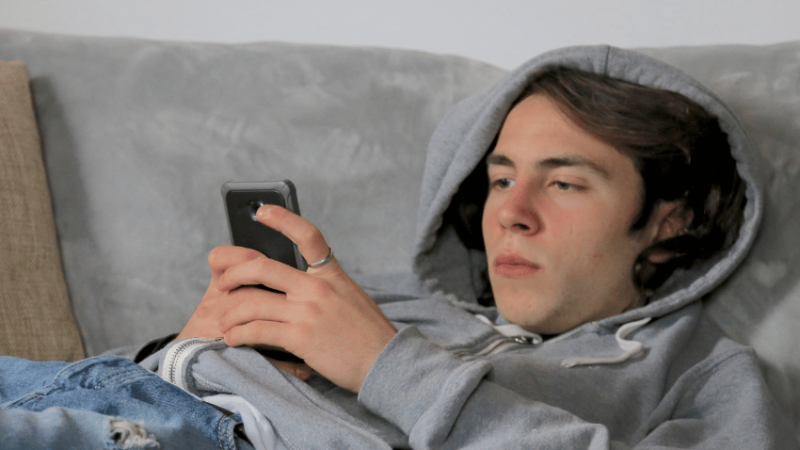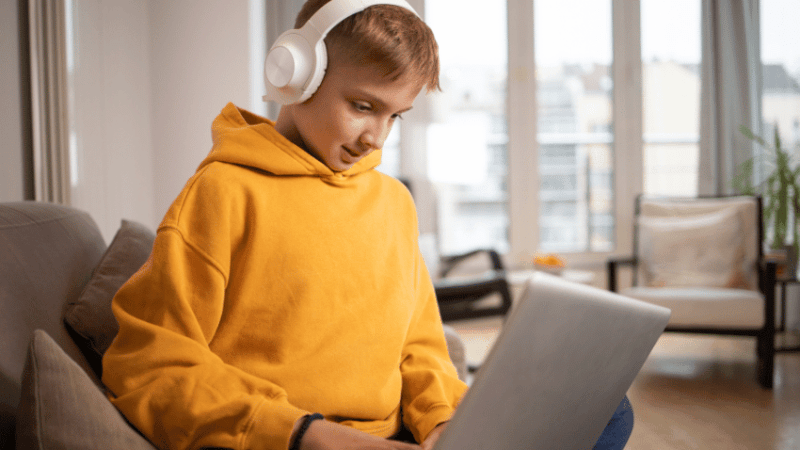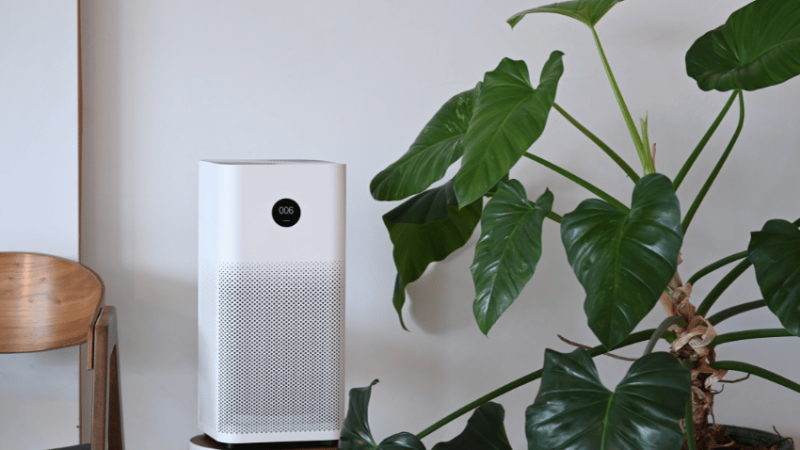Sexual Health Week – Great RSE resources to use in 2025
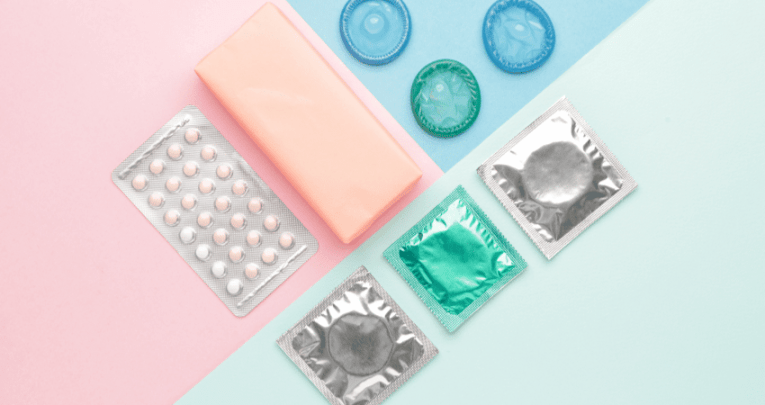
Shed students’ shyness, and your own, when discussing sex and relationships by using these great videos, lesson plans and tips…

- by Teachwire
- Classroom expertise and free resources for teachers
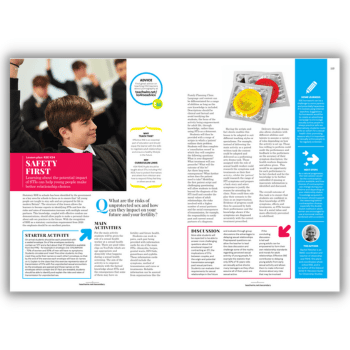
When is Sexual Health Week?
Sexual Health Week 2025 takes place between 8th-14th September 2025, making it a great opportunity to set a strong stance on RSE for the year to come. The theme for 2025 is yet to be announced. The theme for 2024 was ‘Are You Feeling It?’.
Here’s our pick of some of the best resources around to share in your class.
Classroom resources
Take part in Brook’s live Big RSE Lesson on Wednesday 11th September at 10am. It’s suitable for Year 9 and above and aims to explore the importance of young people’s mental health when it comes to making healthy relationship choices.
Brook also hosts a range of other useful education resources. This includes an episode of its Sex Ed Diaries podcast all about sexual health:
There’s also Brook Learn – digital courses to help build your confidence to deal with complex topics in the classroom – and a range of helpful videos, like this one:
Healthy relationships posters
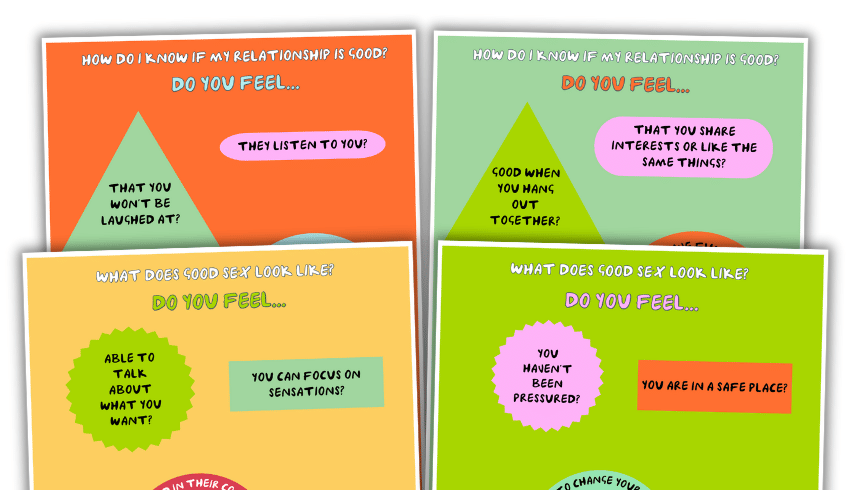
These healthy relationships posters from RSE provider Split Banana are a powerful resource for teachers looking to spark open, reflective conversations about relationships and sex education.
KS4 STI lesson plans
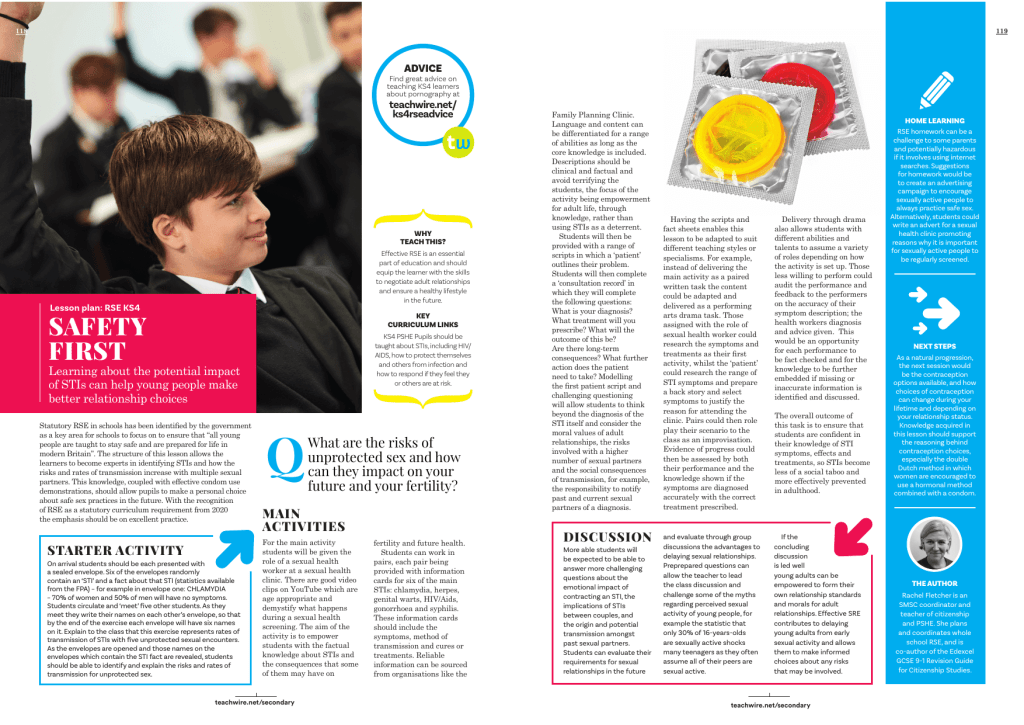
The structure of this KS4 RSE lesson plan allows learners to become experts in identifying STIs and how the risks and rates of transmission increase with multiple sexual partners.
This knowledge, coupled with effective condom use demonstrations, will help pupils to make a personal choice about safe sex practices in the future.
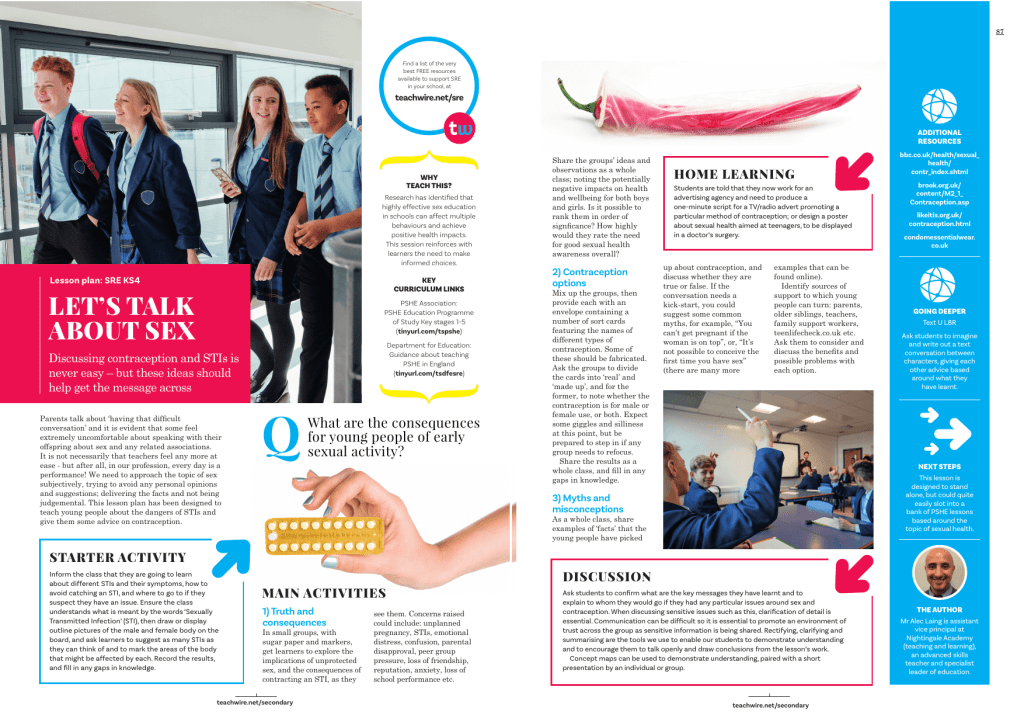
As teachers we need to approach the topic of sex subjectively, trying to avoid any personal opinions and suggestions. This KS4 lesson plan has been designed to help you teach young people about the dangers of STIs and give them some advice on contraception.
Card sort activity
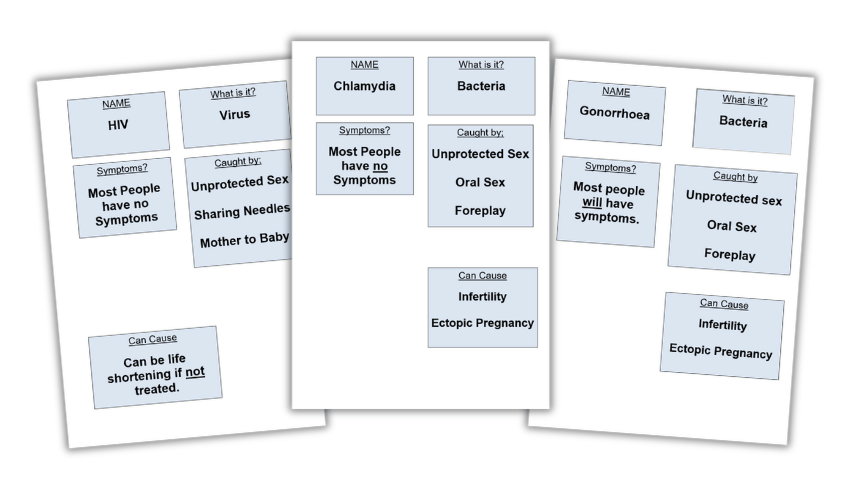
In this 30-minute card sort activity (from this NHS Sexual Health resources page) students need to arrange cards into STI sets. They’ll learn about chlamydia, gonorrhoea, HIV, genital herpes, genital warts and pubic lice.
Screwball! video for KS4
Released by TrueTube, Screwball! is a short comedy-drama by Adam Tyler that has been made specifically for RSE lessons.
It features Ryan and Natalie – two young people struggling through their first sexual encounter, and having to deal with each other’s expectations, a shiny trumpet and way too many cats.
It’s funny, heartfelt and therefore ideal for opening up discussion about consent, peer pressure and the internet’s influence on relationships.
Watching these two youngsters, wonderfully brought to life by Savannah Baker and Alhaji Fofana, actually talk about each other’s expectations, pressures, influences and thoughts is a joy to behold.
And hopefully, by sharing this couple’s journey towards a mutual understanding on their relationship in a safe, educational setting, young students feel confident enough to do the same.
Watch the video above then download associated resources from TrueTube.
Free NSPCC training and resources
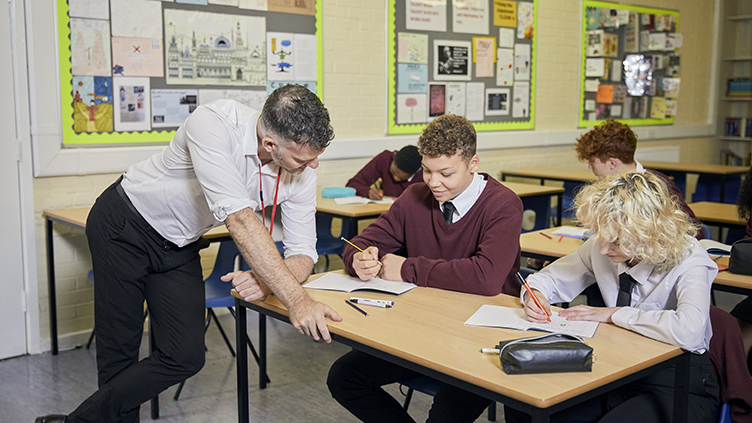
The NSPCC is offering free CPD-certified elearning courses for teachers and leaders that feature a mix of reflective tasks and video-based content. The resources will help you to deliver effective and inclusive sex and relationships education.
Also on offer from the NSPCC is a suite of resources called It’s Not OK. These aim to help children and young people recognise concerning behaviour and identify characteristics of positive relationships. The resources cover:
- online safety
- grooming
- sexting
- harmful sexual behaviour
- child sexual abuse
- child sexual exploitation.
Exploring contraception and safe sex
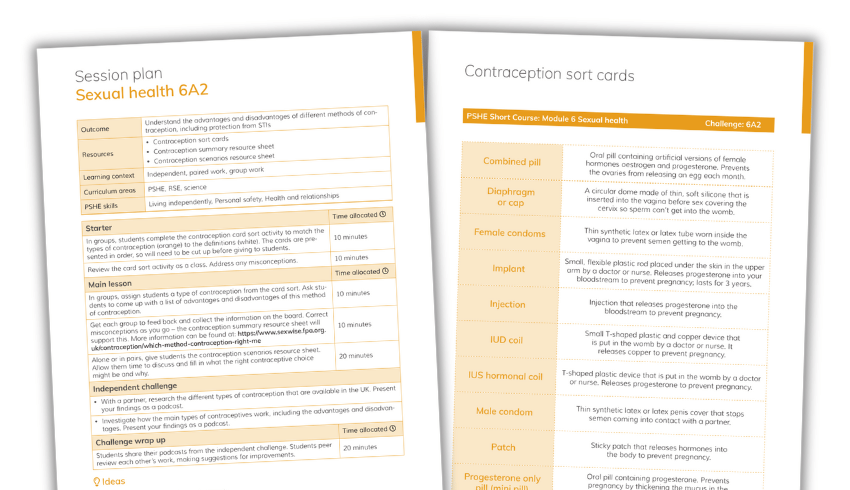
Taken from ASDAN’s PSHE Short Course, this free resource encourages young people to explore the topic of contraception and safe sex. It includes a session plan, contraception sort cards (for the activity) and further advice and information.
I heard it ’round the internet
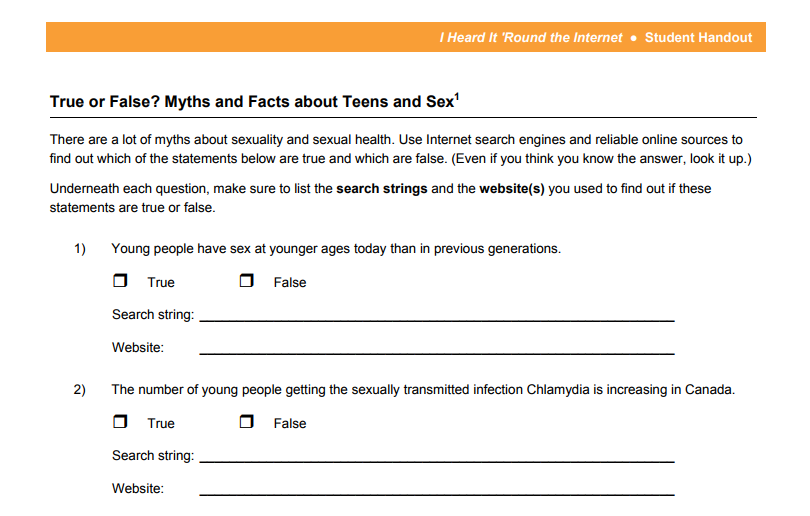
This Canadian resource from Media Smarts lets students consider the use of the internet as a research tool and learn how to use search engines more effectively. They can then apply these newfound skills to investigating popular myths about sexuality and contraception.
Pupils will:
- Reflect on the strengths and weaknesses of the Internet as a research tool
- Learn and practice Internet search and evaluation skills
- Become familiar with reliable online sources on sexual health
- Research information on sexual health
- Evaluate online sources of information on sexual health
What to expect when teaching RSE
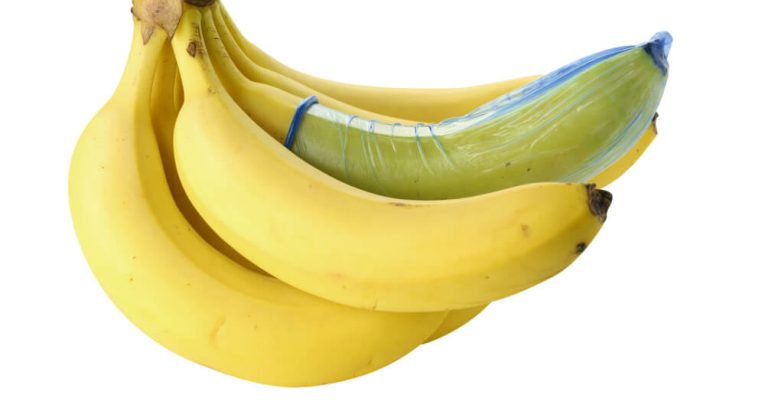
PSHE lead Maria Vogler passes on words of wisdom about the lessons she’s learnt whilst teaching RSE…
Students do not know what a clitoris is
Maybe this was my mistake. It’s something I assumed that they’d have been taught when learning about the body in science, or even at primary school when getting to know the body parts. Apparently not.
The confused boys and slightly embarrassed ‘I know I have one but am not entirely sure where or why’ looking faces of the girls stared back at me when I asked about it in a quiz one day.
Have your explanations ready folks; and have a diagram ready as well, because sometimes, words just are not clear enough.
Social media is the devil
We all know this. Pastoral staff especially know this due to the bullying, sexting etc that goes on there. What I wasn’t prepared for, however, was having to explain about penis growth after a social media post about a man’s penis getting bigger during anal sex.
Trending
Don’t get me wrong – I had taught about how erections happen. I just didn’t realise I needed to clarify between different types of sex.
Not laughing is sometimes so hard
In order to breed the ‘ask me anything atmosphere’ which is vital in these lessons, you have to reiterate how there are no silly questions. Which there aren’t. But sometimes there are some seriously funny ones, mainly because they take you by surprise (eg “Miss, I once heard that you can swallow clusters of genital warts during oral, is that true?”).
My favourite kind of questions though, are the ones that are just sweet and remind me how innocent our students are: “You can’t use a tampon until you’ve had sex can you?”.
Language matters
Train yourself to speak in an LGBT+ friendly way, every lesson. It needs to be a part of our language when teaching RSE. I’ve found this easy enough to do through scenario questions and using the phrase ‘partner’ rather than gender specific acronyms.
Yes, sometimes it is easy to slip into old habits but students are usually pretty good (and enjoy) calling you out when you aren’t being LGBT+ friendly enough.
Be prepared
In teaching, sex questions can come up at any moment, in any lesson, at any time. I guess once you’ve built that atmosphere where students feel comfortable enough to ask, they just will, whatever the subject. Like when I was teaching about budgeting money and a pupil working out his weekly shop asked, “Miss, how much is a box of condoms?”. I just embrace these kinds of questions; it’s all education.
Why teachers need to talk about porn
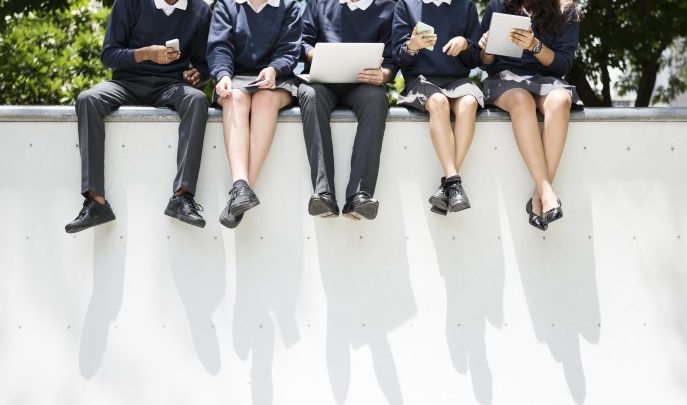
Vanessa Rogers, teacher and author of We Need to Talk About Pornography explains why it’s vital we discuss pornography in schools…
It can sometimes seem that sex, rather than love, is all around us. Lust and betrayal plays out nightly on prime-time TV, music videos feature semi-nude women writhing with muscular men, and porn is streamed with ease anytime, anywhere to anyone.
Meanwhile, an obsession with finding ‘the one’ and a fairytale wedding is still perpetuated as the ultimate life goal, whilst education focuses on safe sex and reducing teenage pregnancy rates.
Welcome to the conflicting world of teenage sex education.
By accepting that children and young people learn from absorbing all they see and hear around them, it’s not surprising that the rules of romantic engagement are unclear.
Big questions
The big questions for me (and the starting point for my book, We Need to Talk about Pornography) are:
- Is there such a thing as overexposure to sexualised images?
- Can watching pornography influence young people’s expectations about sex and real-life relationships?
- Will comparisons with porn affect young people’s body image and perceptions of what’s ‘normal’?
- And ultimately, does it matter?
Nothing new
Many would argue that viewing adult content is harmless fun; that people who raise concerns about the impact this might have on young people are part of the fun police.
Let’s be clear: I don’t want to ban porn. I don’t object to it on moral or spiritual grounds. I’m not trying to filter anything consenting adults are legally allowed to do.
After all, pornography is nothing new; it has been around for centuries with the historical evidence to prove it.
“Let’s be clear: I don’t want to ban porn”
Accessibility
So, why is it that I think professionals, as well as parents and the wider community, need to start talking openly about the impact of porn now?
Well, quite simply – accessibility. Never before have there been so many ways of experiencing pornography.
For the pre-internet generation watching a porn film, or getting hold of ‘men only’ magazines, was not all that easy. With no DVDs and strictly applied age restrictions, the ‘Carry On’ brand of humour was the nearest many ever got to seeing a ‘mucky film’.
Fast-forward to today and children grow up gazing at sexy underwear and furry handcuffs displayed in high street shop windows from their buggy. Turn on the music channels and life-sized screens show simulated sex, often with women bowing before the power and sexual aggression of their men.
Sing along and you can be unwittingly reinforcing stereotypes about girls meaning yes when they say no that educators and law enforcers have been challenging for over 50 years. Girl power? Certainly not. Sexual freedom? Maybe. But what messages are we actually giving our little boys and girls?
Depiction of sex
Porn often depicts sex in ways that are threatening, misogynistic, violent and without boundaries. Is that really what we want young people to grow up believing? It is not quite the romantic Hollywood version of love pushed by mainstream films.
Meanwhile SRE lessons in most UK schools continue to consciously leave out any mention of the ‘P’ word. This is despite clear evidence of the huge number of teenagers accessing pornography.
Further research is required to establish whether there is a connection between teaching young people about pornography and how often they use it. Surely now is the right time for educators to step forward?
After all, if we want young people to grow up to have happy, healthy, positive relationships why are we leaving it to the pornographers to do so much of the teaching?
- Over half of 11-13 year olds have seen pornographic material before starting secondary education and 94% have seen it by 14.
- 74% of 11-18 year olds said that porn should be discussed in sex education.
- Safety Net claims evidence that pornography has a detrimental impact, including premature sexualisation, negative body image and unhealthy notions about relationships.
- Porn often depicts sex in ways that are threatening, misogynistic, violent and without boundaries.
- From the age of seven girls feel the impact of daily sexist images in the media, online and around them.
- On first viewing pornography, young people were most likely to report that they felt curious (41%), shocked (27%), confused (24%) or disgusted (23%).
- More than a third of teens rely on getting advice about sex from pornography.
- The majority say they believe that the porn they watch is more educational than the SRE they receive in school.
- 53% of boys and 39% of girls see porn as a realistic depiction of sex
- 42% of 15-16 year olds said that pornography has given them ideas of sexual practices that they would like to emulate.





